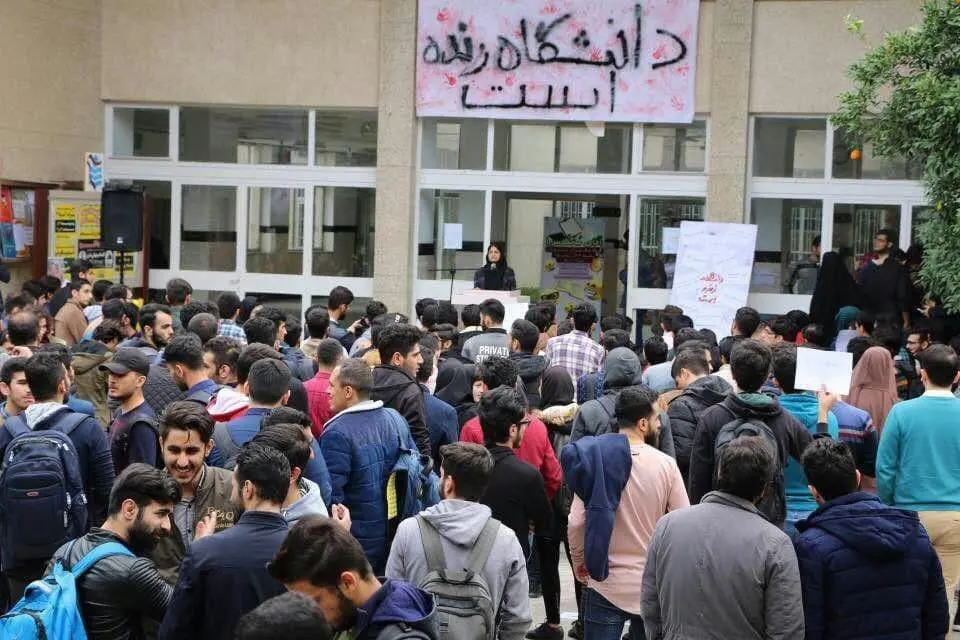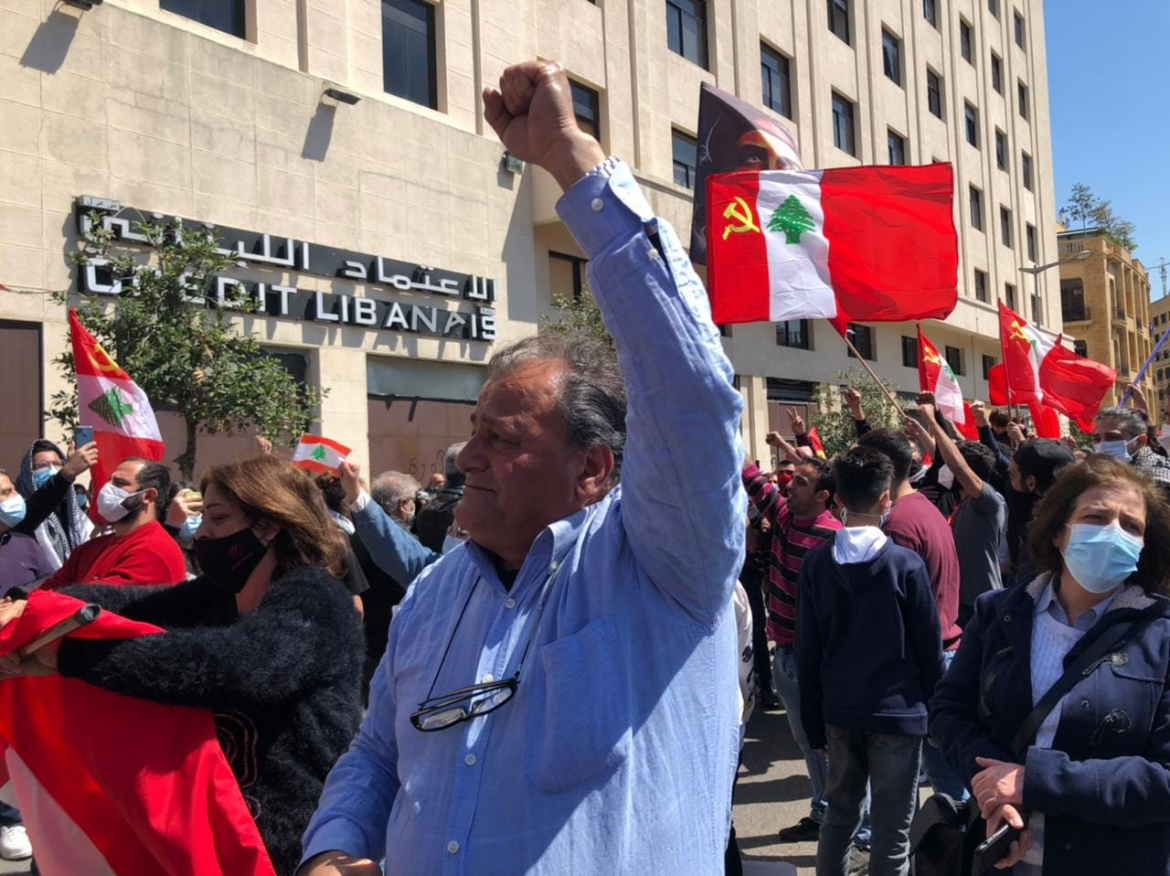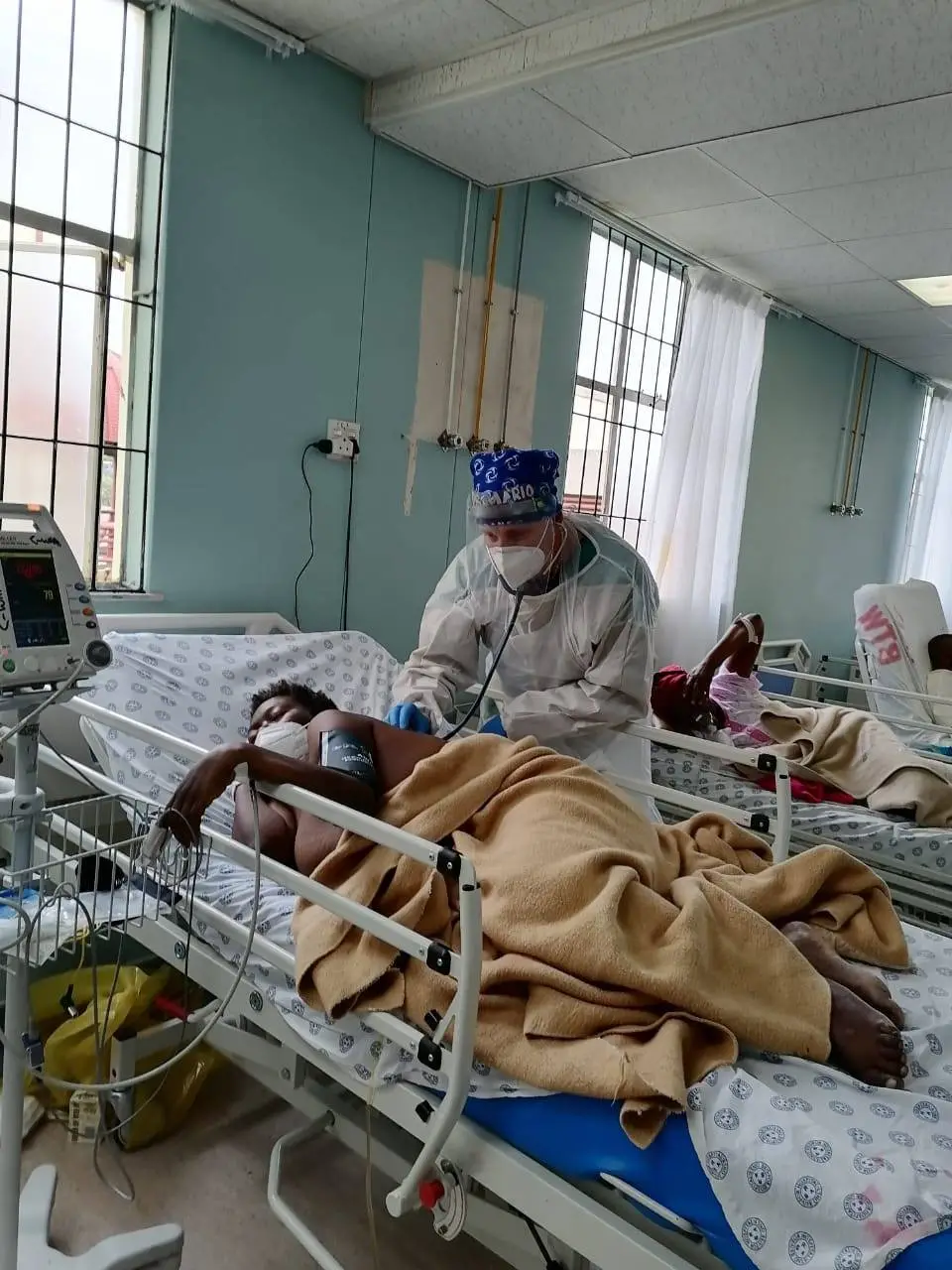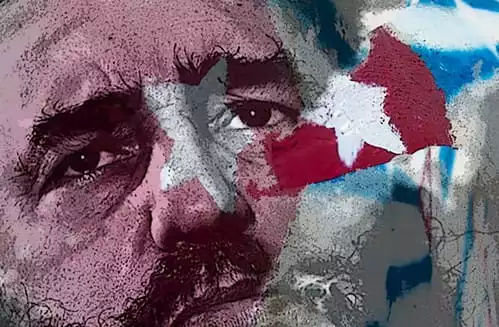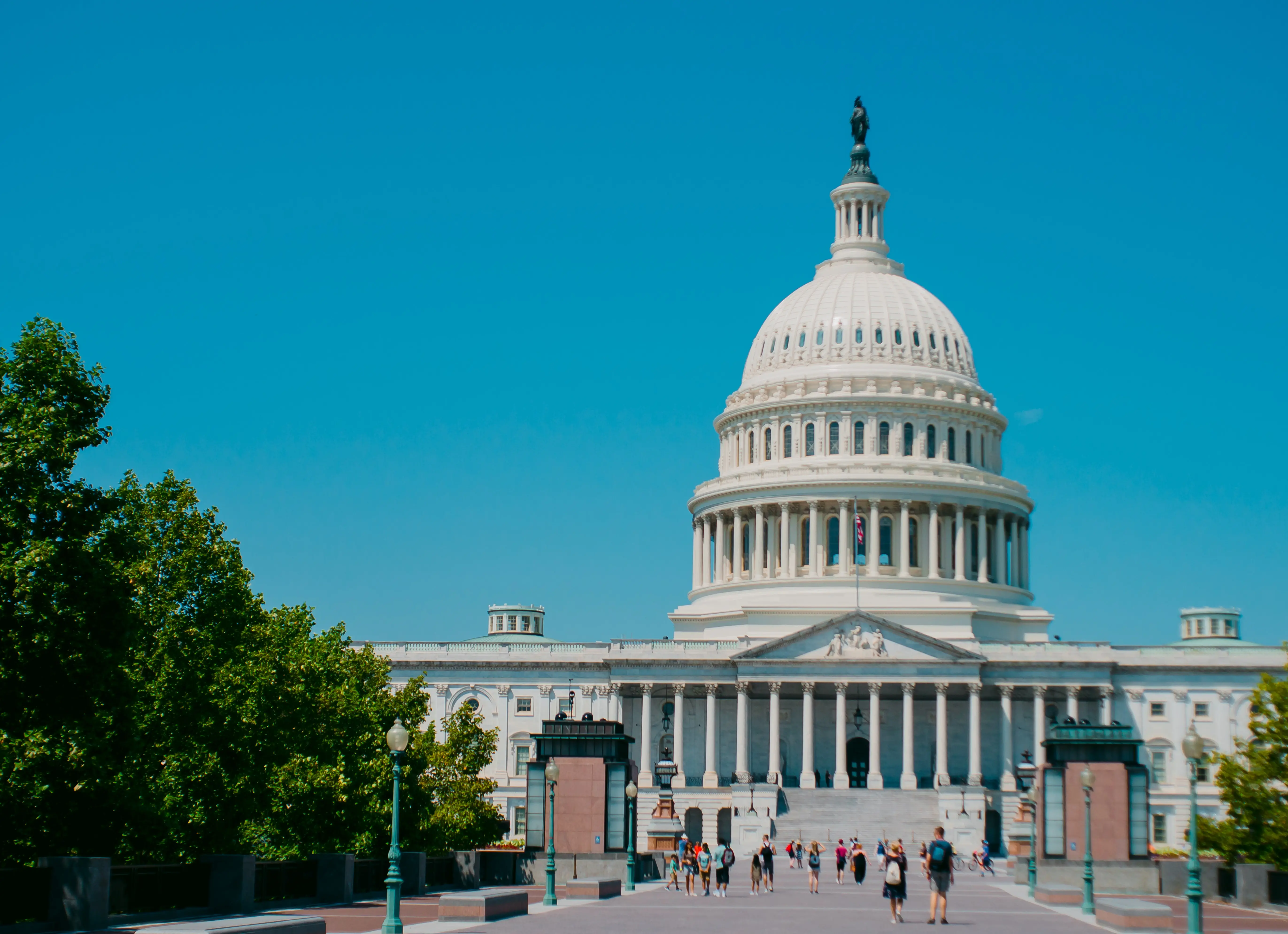“…the miserable reality that the masses are living due to the chaotic war unleashed by the generals among themselves.”
From statement by the Central Media Office of the Sudanese Communist Party 19th April 2023
Background
Sudan, Egypt, and Britain
The territory of what now consists of the Republic of Sudan and the Republic of South Sudan (which gained Independence from Sudan in 2011) was conquered by Egypt by the year 1874. Although Egypt was formally a province of the Ottoman (Turkish) Empire, the provincial governor of Egypt, Muhammad Ali, adopted the title of Khedive (Viceroy) and ruled Egypt from 1805 to 1848 (he died the following year). In 1820-1824, Muhammad Ali captured most of Sudan. His grandson, the Khedive Ismail Pasha, completed the conquest of Sudan by 1879.
The Suez Canal was built by the French with European finance in 1869. The British, who controlled the Cape route around Africa, were at first hostile, but by 1875, Khedive Ismail Pasha avoided bankruptcy by selling the Egyptian share of the Suez Canal to the British government. Within three years, British and French financial controllers sat in the Egyptian cabinet and became the real power in its government.
From 1877 to 1879, British Army officer General Charles George Gordon became Governor General of Sudan, a position previously held by Egyptians.
Obvious foreign control of the Egyptian government led to a nationalist uprising led by army officer Ahmed Urabi. Khedive Ismail Pasha was forced to concede to nationalist pressure but in 1879 he was removed by the British and replaced by his more compliant son, Khedive Tewfik Pasha. Nevertheless, Ahmed Urabi became Prime Minister in July 1882. The British replied to this by invading and defeated the Egyptian nationalists at the Battle of Tel el Kabir in September 1882.
In 1881, a Nubian from northern Sudan, a Sufi mystic called Muhammad Ahmad declared himself the Mahdi (the Guided), the Islamic messiah, and organised a movement which by 1883 controlled most of Sudan. In 1884, General Gordon was sent to evacuate European and Egyptian civilians from Khartoum, the Sudanese capital. In defiance of orders, he stayed there to defend the city and was killed by the Mahdists after a long siege. 6 months later, the Mahdi himself died unexpectedly of a water-borne disease.
Leadership of the Mahdists was then assumed by Abdullah Ibn Mohammed who was known as Khalifat al-Mahdi or simply the Khalifa. He was also the leader of the Ansar Sufi religious movement. This independent religious state was to rule Sudan until a joint British-Egyptian force defeated the Khalifa at the Battle of Omdurman in 1898.
In 1899, a British-Egyptian Condominium was formed and the whole territory was named Anglo Egyptian Sudan. And as a result of the First World War (1814-1818), the Ottoman Empire fell and Turkey lost the last vestiges of imperial control over both Egypt and Sudan. Anglo-Egyptian Sudan was nominally under the King of Egypt, (a title adopted by the descendants of Muhammad Ali after 1922), but in reality, the whole territory of Sudan was run as a British Crown Colony until Independence in 1956.
The British recognised the huge cultural difference between the Arabised Muslim north which had historical affinities to ancient Egypt long before the arrival of Islam and the largely nomadic cattle herding cultures of the south, in which it was normal in some ethnic groups for people to remain unclothed and to worship the spirits of nature. Christian, mainly Protestant, missionaries had a strong impact on the people of southern Sudan during the colonial period.
Following the overthrow of the Egyptian monarchy and the beginning of its own genuine Independence in 1952, Egypt renounced any claim on Sudan.
Sudan Independence
Sudan became independent on 1st January 1956. Under the Transitional Constitution adopted, the Governor General was replaced not by a President but by a five-member Supreme Commission with the head of government being the Prime Minister.
The language of administration of Sudan was Arabic, but administrators in the South had been trained in English. In 1953, the British administrators began to leave giving posts to Sudanese, but of 800 positions only 4 were given to southerners.
The first Prime Minister of the Republic of Sudan was Ismail al-Azhari, he came from the Sufi Muslim Khatmiyya sect and had no time for the Christians in the South who had hoped for a federal system. Civil war broke out in August 1955 when it was realised that the interests of the South were not going to be considered. This, the First Sudanese Civil War would continue until 1972.
Squabbling among political factions and weak governance prompted the first military coup in Sudan in November1958. The two generals who led the coup, Ibrahim Abboud and Ahmad Abd al Wahab, belonged to the Khatmiyyah and Ansar Sufi sects respectively. The Supreme Council of the Armed Forces with Abboud at its head would govern Sudan until 1964.
During this period, the Sudanese Communist Party (SCP), founded in 1946, played a significant role as a disciplined force of the workers, peasants and revolutionary intelligentsia, as it still does today.
Abboud showed as little respect and understanding of the people of the South as his predecessor, Azhari. His government suppressed expressions of religious and cultural differences and supported attempts to Arabise and Islamicise the South. From 1963, the armed struggle against the government which had started in 1955 was intensified.
In October 1964, a seminar on Southern Sudan held at the University of Khartoum was viciously attacked by police with 3 people being killed. Anger with military rule boiled over and Abboud was forced to resign the following month.
There was a return to the 1956 Transitional Constitution and an interim government formed under the leadership of educator Sirr Al-Khatim Al-Khalifa as Prime Minister.
The General Election of 1965 only ushered in a period of confusion as the electorate voted along ethnic or religious lines. There was an attempt to ban the Sudanese Communist Party and Islamic elements refused to recognise the rights of non-Muslims in the South. A succession of weak governments led to another military coup in 1969.
Nimeiry and the Democratic Republic of Sudan
On 25th May 1969, young officers calling themselves the Free Officers Movement seized power in Sudan. They were led by Colonel Jaafar Nimeiry. He justified the coup, not unreasonably, on the grounds that civilian politicians had paralysed the decision-making process, had failed to deal with the country’s economic and regional problems, and had left Sudan without a permanent constitution.

The coup leaders, joined by Babiker Awadallah, the former Chief Justice, constituted themselves as the 10-member Revolutionary Command Council (RCC) under Nimeiri’s chairmanship.
The RCC proclaimed the establishment of the Democratic Republic of Sudan dedicated to advancing ‘Sudanese Socialism’. The following year, a new national flag was adopted in traditional Arab revolutionary nationalist colours of black, green, red and white.
[Note that Kwame Nkrumah in 1967 criticised the concept of ‘African Socialism’—as opposed to scientific socialism⸺in African Socialism Revisited. A.M. Babu dealt with this in more detail in 1981 in his work African Socialism or Socialist Africa? Both argue that only scientific socialism can save Africa from neo-colonial domination.]
The RCC immediately suspended the Transitional Constitution of 1956 and the banned political parties. The RCC also nationalised many industries, businesses, and banks. Furthermore, Nimeiri ordered the arrest of sixty-three civilian politicians and forcibly retired senior army officers. Awadallah was appointed as Prime Minister. In order to dispel the notion that the coup had installed a military dictatorship, he presided over a twenty-one-member cabinet that included only three officers from the RCC, among them its Chairman, Nimeiri, who became Minister of Defence. The other two military members of the Cabinet held the portfolios for Internal Security and Communications.
Nine members of the Awadallah Cabinet are believed to have been members of the Sudanese Communist Party including one of the two southerners in the cabinet, John Garang, Minister of Supply, and later, Minister for Southern Affairs. Garang was to play a major role in future Sudanese politics. The Communists played a significant role in shaping government policies and programmes.
Awadallah clashed with Nimeiri in November 1969, after he claimed that the new government would not survive without assistance from the socialist countries. Nimeiri then became Prime Minister. Awadallah retained his position as RCC Deputy Chairman and remained in the government as Foreign Minister.
Conservative forces, led by the Ansar, posed the greatest threat to the RCC. Imam al-Hadi al Mahdi had withdrawn to his Aba Island stronghold in the Nile, near Khartoum. The Imam had demanded a return to ‘democratic government’, the exclusion of Communists from power and an end to RCC rule. In March 1970, hostile Ansar crowds prevented Nimeiri from visiting the island for talks with the Imam. Fighting erupted between government forces and the Ansar. When the Ansar ignored an ultimatum to surrender, army units with air support assaulted Aba Island. The Imam was killed while trying to cross into Ethiopia.
Soon after the army had crushed the Ansar at Aba Island, Nimeiri moved against the SCP. He ordered the deportation of SCP General Secretary Abd al-Khaliq Mahjub. When Mahjub returned illegally after some months abroad, he was placed under house arrest. In March 1971, Nimeiri indicated that trade unions would be placed under government control. The RCC also banned communist-led students’, women’s, and professional organisations.
Nimeiri then announced the planned formation of a national political movement called the Sudan Socialist Union (SSU), which would assume control of all political parties, including the SCP. After this speech, the government arrested the SCP’s Central Committee and other leading Communists. The SCP, however, retained strong covert organisation. Before further action could be taken against the Party, on 19th July 1971 the SCP launched a coup. Nimeiri and the RCC together with a number of pro-Nimeiri officers were arrested while meeting at the Presidential Palace. A seven-member Revolutionary Council led by Major Hisham al-Atta was formed. Three days after the coup, however, loyal army units stormed the palace, rescued Nimeiri, and arrested Atta and others. Nimeiri ordered the arrest of hundreds of Communists and dissident military officers, some of whom, including Atta, were executed.
Nimeiri reaffirmed his commitment to establishing a socialist state. A provisional constitution, published in August 1971, described Sudan as a ‘socialist democracy’ and provided for a presidential form of government to replace the RCC. A plebiscite the following month elected Nimeiri to a six-year term as President.
The Southern armed resistance known as the Anyanya controlled much of the southern countryside while government forces occupied the region’s major towns. In 1971 Joseph Lagu, who had become the leader of southern forces opposed to Khartoum, proclaimed the creation of the Southern Sudan Liberation Movement (SSLM). Anyanya leaders united behind him, and nearly all exiled southern politicians supported the SSLM.
Nimeiri remained committed to ending the southern insurgency. He believed he could stop the fighting by granting regional self-government and undertaking economic development in the South. By October 1971, Khartoum had established contact with the SSLM. A conference between SSLM and Sudanese government delegations convened at Addis Ababa, Ethiopia, in February 1972.
The Addis Ababa accords guaranteed autonomy for the southern region — composed of the three provinces of Equatoria (present-day Al Istiwai), Bahr al Ghazal, and Upper Nile (present-day Aali an Nil) with a Regional President leading a High Executive Council and an elected Southern Regional Assembly. National government would be responsible for defence, foreign affairs, currency and finance, economic and social planning. The accords also recognised Arabic as Sudan’s official language, and English as the South’s principal language, which would be used in administration and would be taught in the schools.
Both sides agreed to a cease-fire. An amnesty was announced retroactive to 1955 allowing exiles to return. The two sides signed the Addis Ababa Agreement on 27th March 1972, which was thereafter celebrated as National Unity Day.
After the settlement in the south, Nimeiri attempted to mend fences with northern Muslim religious groups. The government undertook administrative decentralisation, popular with the Ansar, that favoured rural over urban areas. Khartoum also reaffirmed Islam’s special position in the country and recognised the Sharia as the source of all legislation, and released some members of religious orders who had been incarcerated. However, Sadiq al-Mahdi, the Imam of the Ansar and who had briefly been Prime Minister in 1966-1967 and other religious conservatives remained outside the country.
In August 1972, Nimeiri created a Constituent Assembly to draft a permanent constitution. He then asked for the government’s resignation to allow him to appoint a cabinet whose members were drawn from the Constituent Assembly. Nimeiri excluded individuals who had opposed the southern settlement or who had been identified with the SSU’s pro-Egyptian faction.
The new Constitution recognised the SSU as the only authorised political organisation, and supported regional autonomy for the South. It also stipulated that voters were to choose members for the 250-seat People’s Assembly from an SSU-approved slate. Although it cited Islam as Sudan’s official religion, it also acknowledged Christianity as the faith of a large number of Sudanese citizens. In May 1974, voters selected 125 members for the assembly; SSU-affiliated occupational and professional groups named 100 and the President appointed the remaining 25.
Discontent with Nimeiri’s policies and the increased military role in government escalated as a result of food shortages and the southern settlement, which many Muslim conservatives regarded as surrender. There were coup attempts by Muslim conservatives in 1973, 1974 and 1976. In September 1974, Nimeiri responded to this unrest by declaring a state of emergency, purging the SSU, and arresting large numbers of dissidents. Nimeiri also replaced some cabinet members with military personnel loyal to him. Conservative opposition to Nimeiri coalesced in the National Front, formed in 1974. In July 1976, soldiers deployed by government quickly restored order by killing more than 700 rebels in Khartoum and arresting scores of dissidents, including many prominent religious leaders.
Following the 1976 coup attempt, Nimeiri and his opponents adopted more conciliatory policies. In early 1977, government officials met with the National Front in London, and arranged for a conference between Nimeiri and Sadiq al Mahdi in Port Sudan in what became known as the ‘national reconciliation’. The two leaders signed an eight-point agreement that agreed to the dissolution of the National Front while admitting its former members into the SSU. The agreement also restored civil liberties, freed political prisoners and reaffirmed Sudan’s non-aligned foreign policy, and promised to reform local government. As a result of the reconciliation, the government released about 1,000 detainees and granted an amnesty to Sadiq al Mahdi. Sadiq renounced multi-party politics and urged his followers to work within the one-party system.
In the February 1978 People’s Assembly elections, Nimeiri authorised returning exiles who had been associated with the old Islamist parties including the Muslim Brotherhood to stand for election as independent candidates. These independents won 140 of 304 seats.
Nimeiri moved closer to the Islamists. The end of the SSU’s political monopoly, coupled with rampant corruption at all levels of government, cast increasing doubt on Nimeiri’s ability to govern Sudan.
Nimeiri adopted a more dictatorial leadership style. He ordered the State Security Organisation to imprison without trial thousands of opponents and dissidents. He also dismissed or transferred any minister or senior military officer who appeared to be developing his own power base. Nimeiri selected replacements based on their loyalty to him rather than on their abilities. This strategy caused him to lose touch with popular feeling.
In June 1983, Nimeiri sought to counter the South’s growing political power by redividing the Southern Region into the three old provinces of Bahr al Ghazal, Al Istiwai, and Aali an Nil; he had suspended the Southern Regional Assembly almost two years earlier. The southern-based Sudanese People’s Liberation Movement (SPLM) and its military wing, the Sudanese People's Liberation Army (SPLA), which emerged in mid-1983, unsuccessfully opposed this redivision and called for the creation of a new united but federal Sudan.
In September 1983 Nimeiri proclaimed Sudan to be an Islamic state with the Sharia as the basis of the Sudanese legal system. Nimeiri’s decrees, which became known as the September Laws, were bitterly resented both by secularised Muslims and by the predominantly non-Muslim southerners. The SPLM denounced the Sharia and the executions and amputations ordered by religious courts. The Southern Autonomous Region was abolished and by the end of 1983, the Second Sudanese Civil War commenced. The discovery of oil in the border area between North and South played an important background role in this conflict.
In early 1985, anti-government discontent resulted in a general strike in Khartoum. Demonstrators opposed rising food, petrol, and transport costs. The general strike paralysed the country. Nimeiri, who was on a visit to the United States, was unable to suppress the rapidly growing demonstrations against his regime. A bloodless military coup led by his Minister of Defence General Abdel Rahman Swar al-Dahab ousted him from power. The name Democratic Republic of Sudan was dropped and once again, it became simply the Republic of Sudan. At the subsequent elections the Islamist Sadiq al-Mahdi became Prime Minister.
Editor's Note:
The views and informations expressed in the article are solely those of the author and may or may not reflect the views of The International. We believe in providing a platform for a range of viewpoints from the left.

